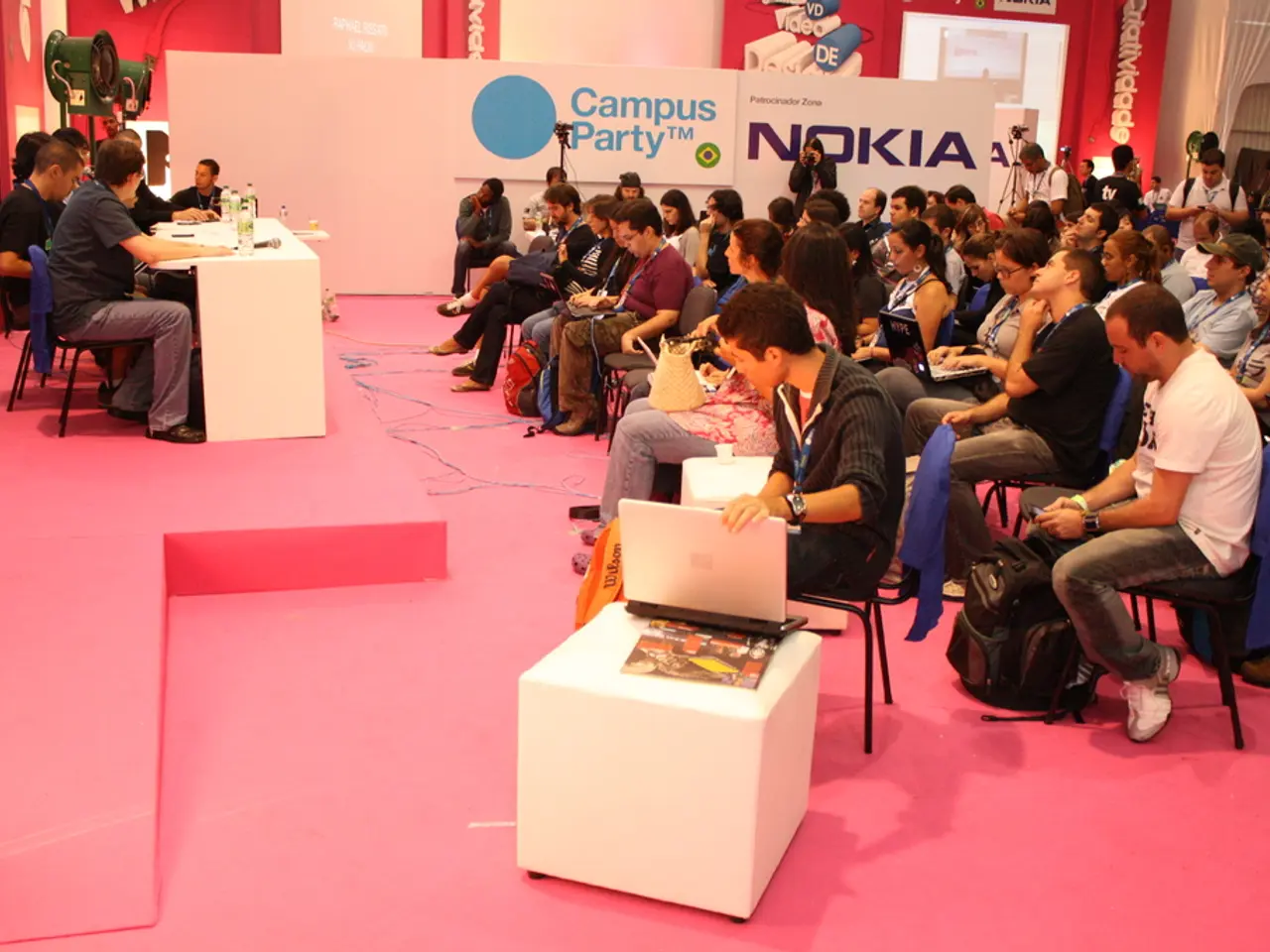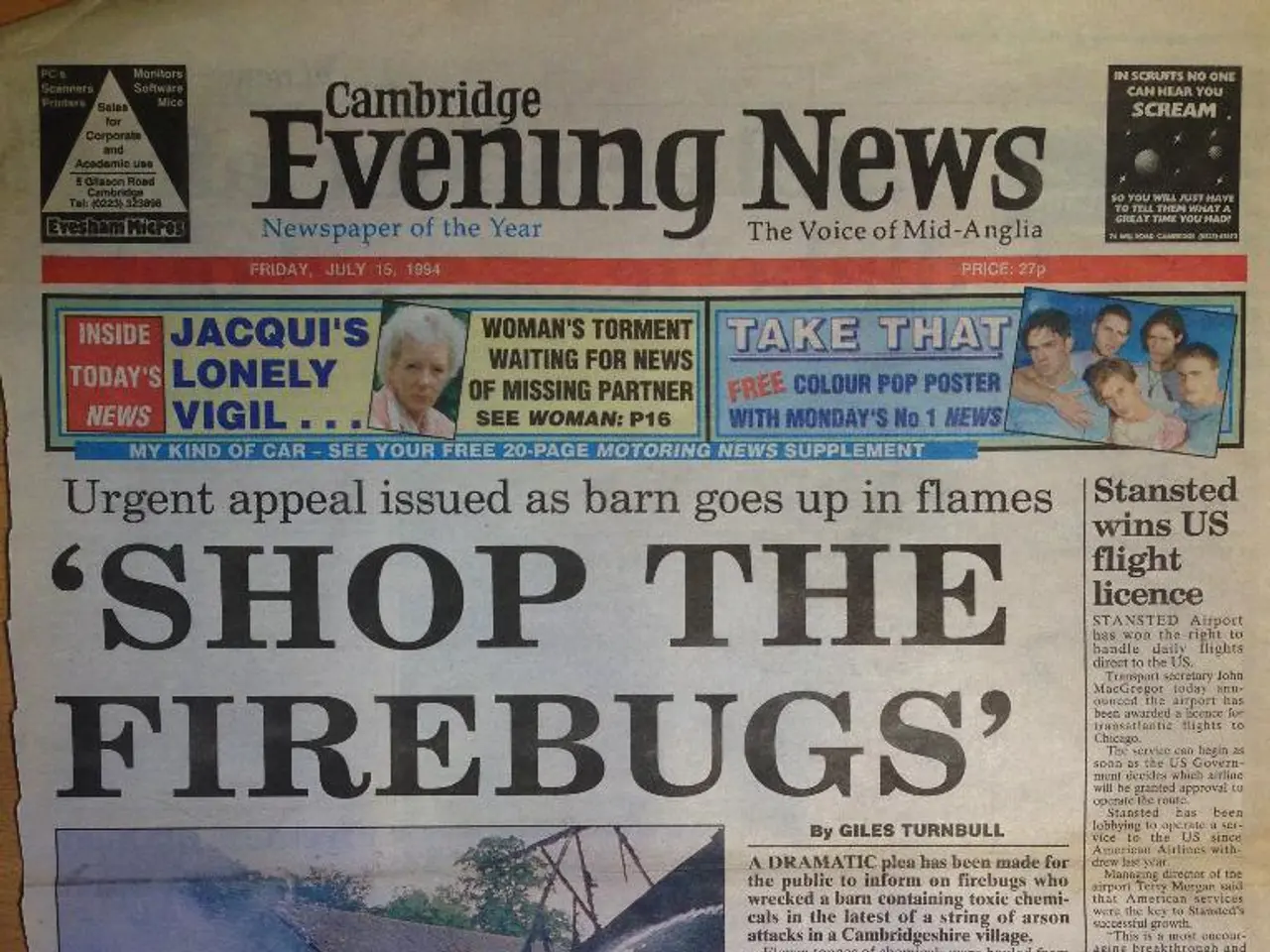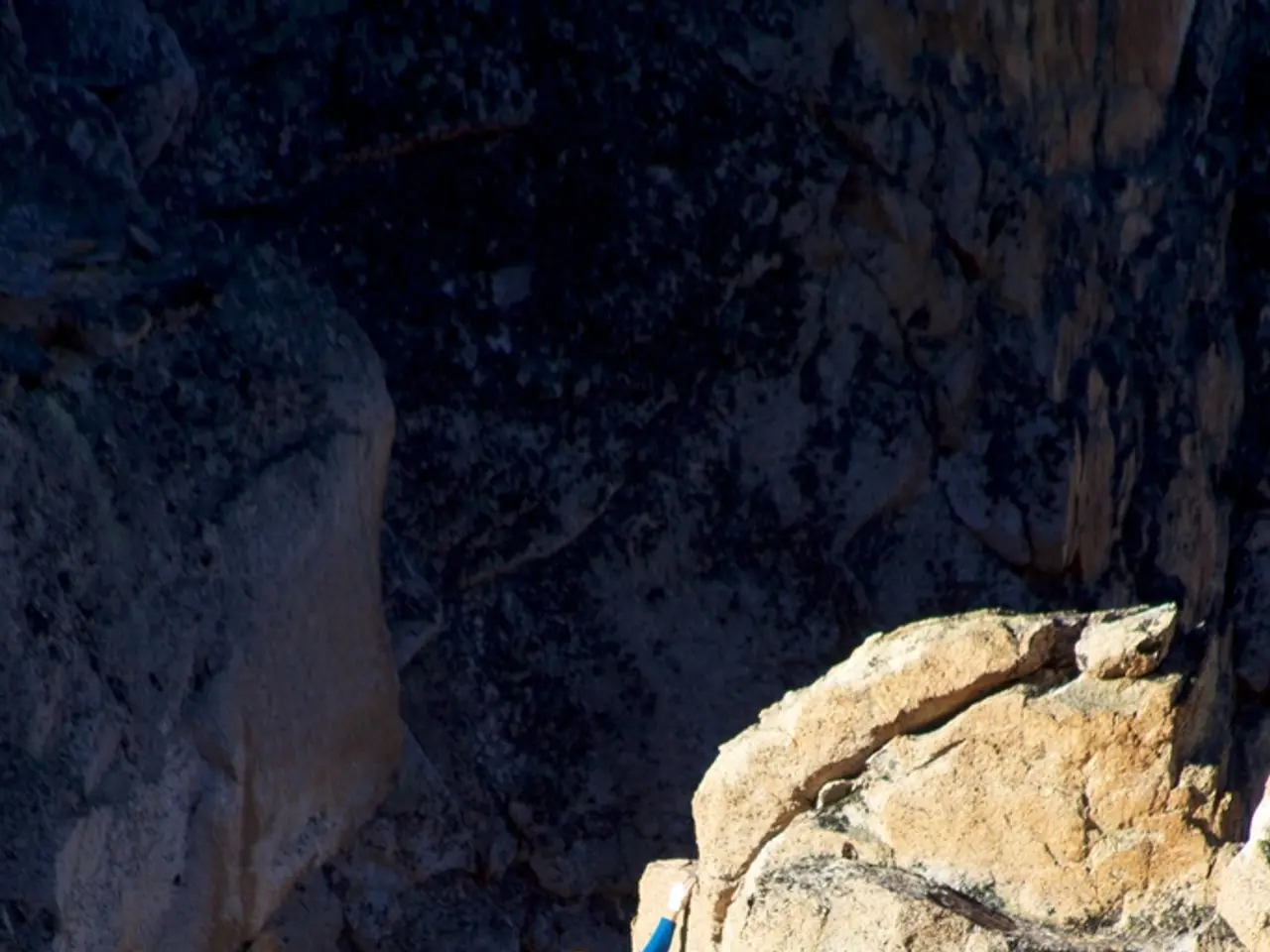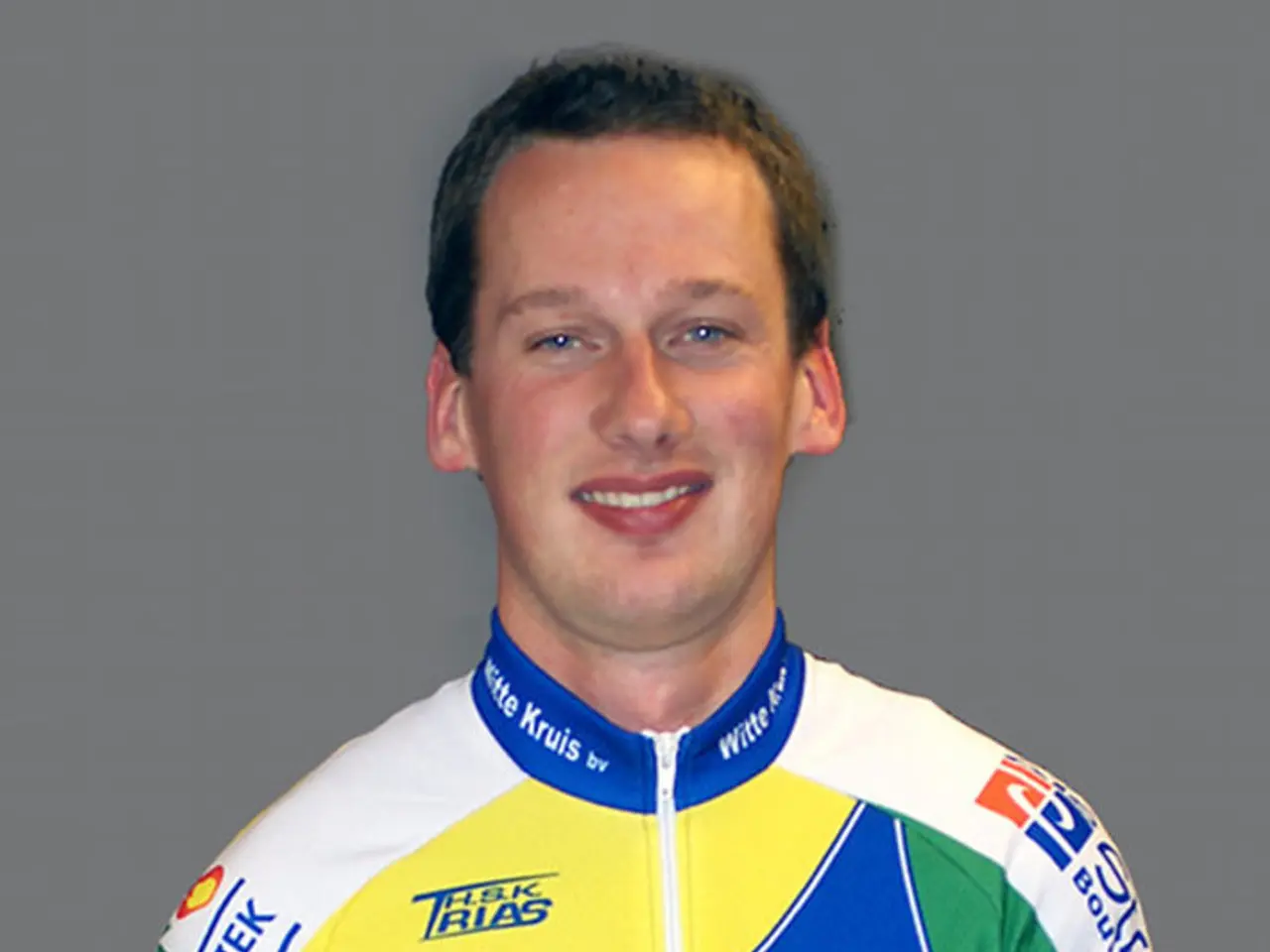CDU Politician Engages in Distance Talks with AfD Union Members
CDU Maintains Distance from Ludwig's Right-Wing Event Attendance
In a delicate political landscape, the Christian Democratic Union (CDU) under leader Friedrich Merz has reaffirmed its stance against cooperation or collaboration with the Alternative für Deutschland (AfD). This decision, known as the "firewall" pledge, was made to avoid any association with the far-right party.
Recently, Saskia Ludwig, a CDU member and former state chairwoman of CDU Brandenburg, found herself at the centre of controversy after attending a right-wing think tank event, the Mathias-Corvinus-Collegium (MCC) festival in Hungary. The MCC has been associated with Hungarian Prime Minister Viktor Orban and right-wing populist ideas, and it has hosted tech billionaire Peter Thiel, known for his right-wing conservative positions.
Photos circulating online appear to show Ludwig and AfD leader Alice Weidel at the MCC festival. However, the CDU has not issued any official statement regarding Ludwig's participation in the event. The CDU faction in the Bundestag has distanced itself from Ludwig's attendance, with no indication that the party is softening its stance towards the AfD.
Ludwig, who has been a member of the state parliament from 2004 to 2025 and is now a member of the federal parliament since 2025, defended her actions, stating that free exchange of opinions is a central element of a democratic society. This stance has been a recurring theme in Ludwig's political career, as she has sparked controversy on several occasions, including expressing opposition to the "firewall" with the AfD and conducting a joint interview with the former AfD state leader Alexander Gauland in 2017.
The CDU's incompatibility resolution, adopted in 2018, explicitly excludes any cooperation with the AfD and the Left. CDU leader Friedrich Merz has repeatedly made it clear that there will be no cooperation with the AfD. In response to the criticism of Ludwig's participation in the MCC event, Merz's spokeswoman stated that a casual conversation between two Bundestag members should not be a significant issue.
Meanwhile, the AfD leader, Alice Weidel, was surprised by the criticism of Ludwig's participation in the MCC event. Jakob Blasel, co-chairman of the Green youth organization, stated that the Union has a problem with dealing with right-wing extremists in its ranks. Gregory Gosciniak, head of the Young Social Wing of the CDU Brandenburg, stated that Ludwig has "finally forfeited her representation rights."
As the CDU navigates this challenging political landscape, it continues to face internal and public scrutiny over its relationships and interactions with far-right elements. The party is polling only slightly ahead of the AfD, and its cautious approach to handling AfD presence publicly has been a topic of debate. Despite occasional tactical overlaps on certain policies like migration, no evidence suggests an official shift in CDU policy toward the AfD related to Ludwig's attendance at right-wing events.
In the midst of this political scrutiny, discussions about the Christian Democratic Union's (CDU) stance on policy-and-legislation, politics, and general-news have arisen, with particular focus on its relationship with right-wing factions. The recent event attendance of CDU member Saskia Ludwig at the Mathias-Corvinus-Collegium festival, linked to Hungarian Prime Minister Viktor Orban and right-wing populist ideas, has sparked debate on crime-and-justice within the party. Despite Ludwig's defense of free exchange of opinions, the CDU's faction in the Bundestag has maintained a distance from her participation, underscoring their steadfast refusal to soften their stance towards the Alternative für Deutschland (AfD).






